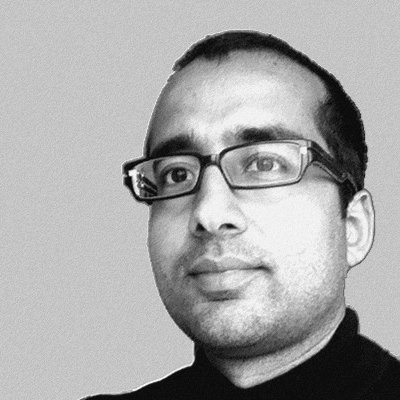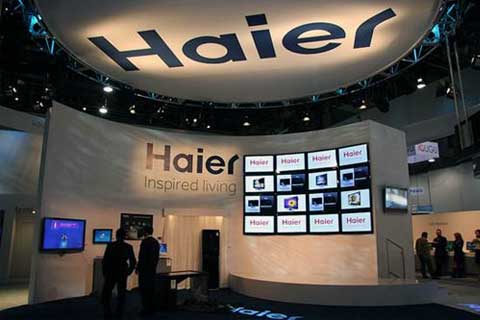What could a 21st century high-tech startup possibly learn from an appliance company born 40 years ago in the far reaches of China? And yet: the Haier Group’s micro-enterprise organization could well be a source of inspiration for aspiring unicorns.
What’s at stake with growth: structuring your company
All growing companies face an irresistible need to structure themselves. This is especially true for start-ups. After the hyper-growth phase, especially once the start-up has turned into a medium-sized company, it becomes necessary for it to stabilize its operations. It must precisely formalize its processes in order to optimize and reproduce them.
Whereas the same people used to hold a bunch of responsibilities, management now has to create new roles. It focusses more on financial metrics in order to reach expected milestones. Organization, which used to be almost non-existent or opportunistic, becomes more and more mechanistic. The company is moving from a disordered to a predictive growth approach.
But gradually, the company ends up spending too much energy on its internal machinery. Problems between departments arise, which are totally disconnected from end customers and their needs. This is when reorganization becomes necessary.
Eliminate intermediate layers
Haier was born in a very different soil from that of Western start-ups, since it began to develop in the 1980s, at the beginning of China’s modernization era opened by Deng Xiaoping. Yet, even though it was the leader in its local market, with a turnover exceeding 30 billion US dollars, it was confronted with the very same problems.
According to Zhang Ruimin, Haier’s iconic CEO, a manager should not be judged on the number of people who report to him/her, but always on the results and value that he creates. In his view, no matter how important the position you hold, if you don’t produce any tangible results, it’s useless and ineffective.
Based on this conviction, Zhang has led Haier’s transformation with full force, not afraid to use strong symbols to make his mark. The first pillar on which he built this transformation was the metamorphosis of Haier into a set of autonomous entities: micro enterprises. These micro-enterprises were to be in direct contact with the market, in order to best meet customers’ expectations. At the scale of Haier, this meant no fewer than 4,000 entities, each with a staff of 10 to 20 people.
The idea of creating companies in-house may seem simple enough. But in most companies, the autonomy Zhang has given his employees would seem to be properly revolutionary. For example, Haier’s micro-enterprises leaders:
- decide for themselves how best to approach their market;
- can sign contracts with other micro-enterprises in the group or with external companies;
- have the right to allocate resources according to their priorities;
- choose who they want to hire;
- set the level of variable compensation.
In Zhang’s opinion, it is essential that not only leaders but every other employee takes initiatives in relation to end customers so that the company can collectively grow and no longer depend on a few key people.
Anticipating transformation
This kind of radical transformation is not easy. In the case of Haier, moving from an execution model to an entrepreneurial model took no less than a decade. In the process, no fewer than 10,000 managers left the company because the new organization did not correspond to their expectations or their way of working.
In the end, Zhang Ruimin’s gamble paid off, as Haier is now the world’s number one household appliance company and has nearly 80,000 employees. Other established companies have successfully reorganized in the same way as Haier, such as GE Appliances or the New Business branch of Fujitsu Europe. But because a reorganization of this magnitude is complex, it’s easier to do as long as the size of the company remains relatively small. This is why start-ups or medium-sized companies tempted by a micro-enterprise structure have every interest in anticipating their transformation as much as possible.

Educated in management at IAE in Paris (Sorbonne Business School), Youssouf Chotia spent ten years in management and organization consulting, notably at Devoteam and Weave. After these experiences, he continued his career by joining Thalès in the space sector.
He remains convinced that the search for profit is compatible with individual and collective fulfillment, as long as one is interested in managerial innovations.

